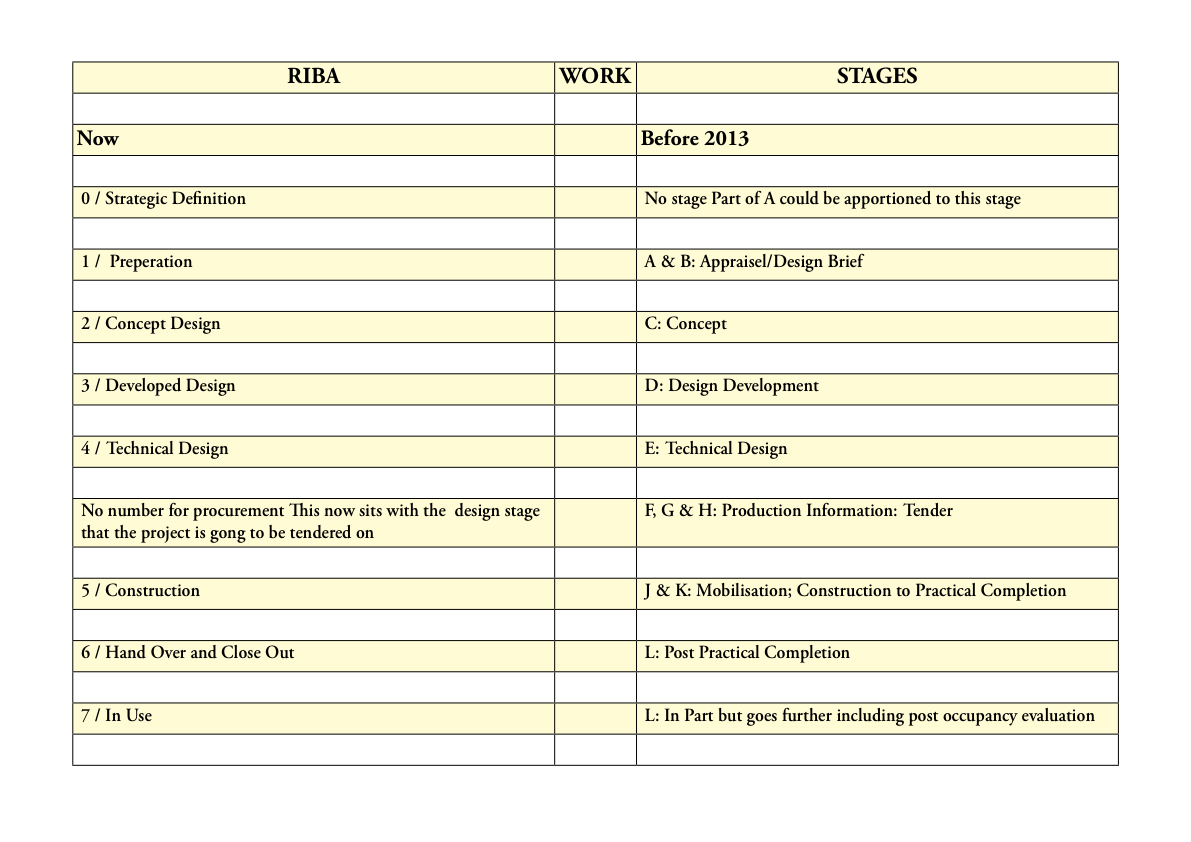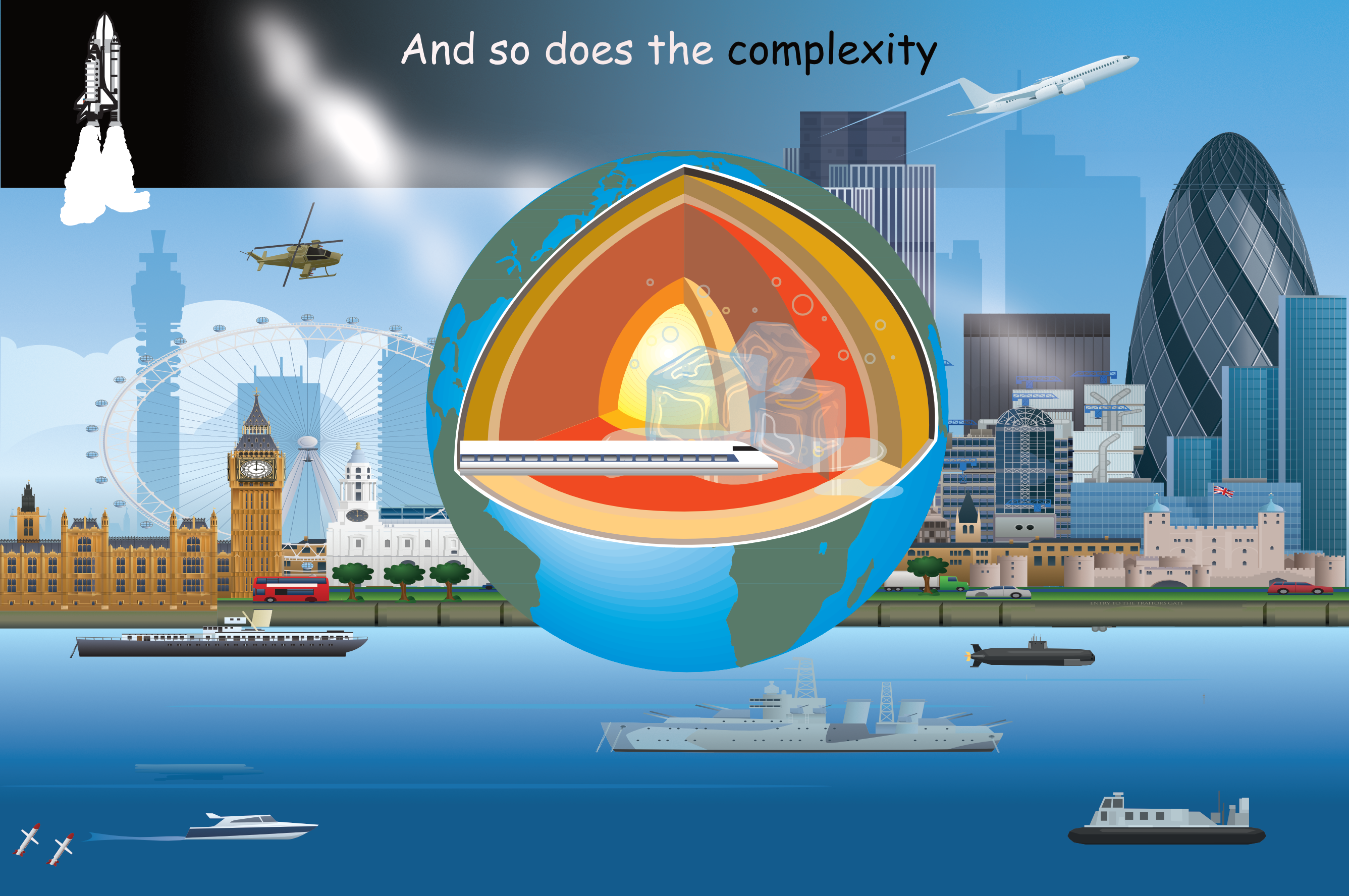The Main Options
Design & Build or Full design & Fully Measured Bills of Quantities
Why is Design & Build so popular. Low start up costs, lower lead in time
Why are Bills of Quantities with a full design not so popular, higher start up costs longer lead in time
The argument for and against
Design & Build
Realistically this option should only be used if the project is of an urgent nature and the additional cost involved is offset by the profit that will be generated by having it built within a shorter time scale (ie the time for a full detailed design and pricing document is negated by a larger team working on site) in effect the project to a degree is built on the hoof, with a varying degree of the design undertaken by the contractor; depending on which stage the project has been designed to by the client (See RIBA work stages)
Why design & build is more expensive than traditional full design & bills of quatities
Risk of design transferred to contractor (cost depending on how much design responsibility is transferred); it will be between stages 2 & 4.
Because the design is underdeveloped the change on site that will invariably happen involes the input of a far greater management team (including the subcontractors) than if the project was fully designed
The surveying costs will increase as the contractors and sub contractors costs will have to be broken down to produce proper substantiated rates for variation and final account purposes
Delays, this is especially true in buildings that are being converted or re-developed as no proper surveys will have been undertaken prior to the start. Is everyone dancing on the same dance floor , unfortunately probably not, design and build documentation will fall between stages 2 & 4 and it's important that the client ,engineers and contratcors are aware of the stage the project is actually at, we have had instances of the client paying for a fully designed project that has been tendered at stage 2 (therefore a lot of contractor and sub contractor design input required) In effect the client is paying for the design twice and is due recompense.This is also unfair on professionals who tender for projects and are not made fully aware of the service that is actually required
Why traditional full design and bills of quantities are cheaper than design and build
Start up costs higher and lead in time longer. Final account and final build cost lower. You should be looking for between 90% and 95% cost certainty with the other 5/10% preferebly defined provisional sums
The bills of quantities constitute a fairer document for contratctors to price and minimise any anonymties so often found in design and build contract documentation, usually to the detriment of the clients bank account
Proper scope of works and detailed design means a far more realistic program can be produced
What a client should not do
Continual design changes. Once a design has been agreed and the contractor is on site, design changes should be kept to a minimum, constant change wil only increase the contact time and cost
Why you should understand these options
When the "fat man" comes to do the deal you know the project has gone completely pear shaped
In Summary
Any transfer of risk to the contractor will increase the cost of the project
Pre-contact organisation is essential to the smooth running of the project
Why has design and build become so popular
Because it was very well sold by the contractors with the tempting low start up costs without mentioning the inevitable resulting end costs


